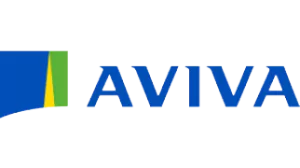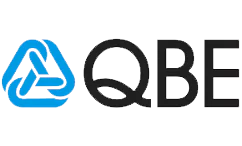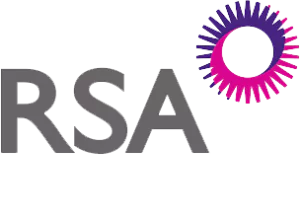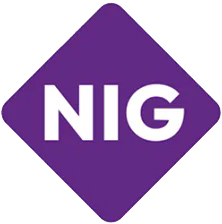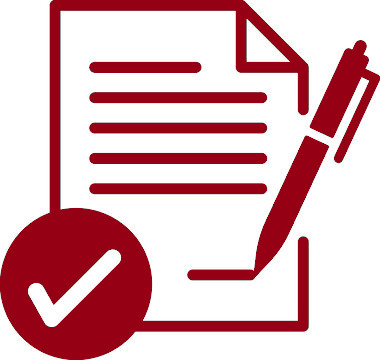Personalised Medicine Production Manufacturing Insurance (UK): A Practical Guide
Introduction: why personalised medicine changes the insurance conversation
Personalised medicine production (including patient-specific therapies, companion diagnostics, a…


 0330 127 2333
0330 127 2333

